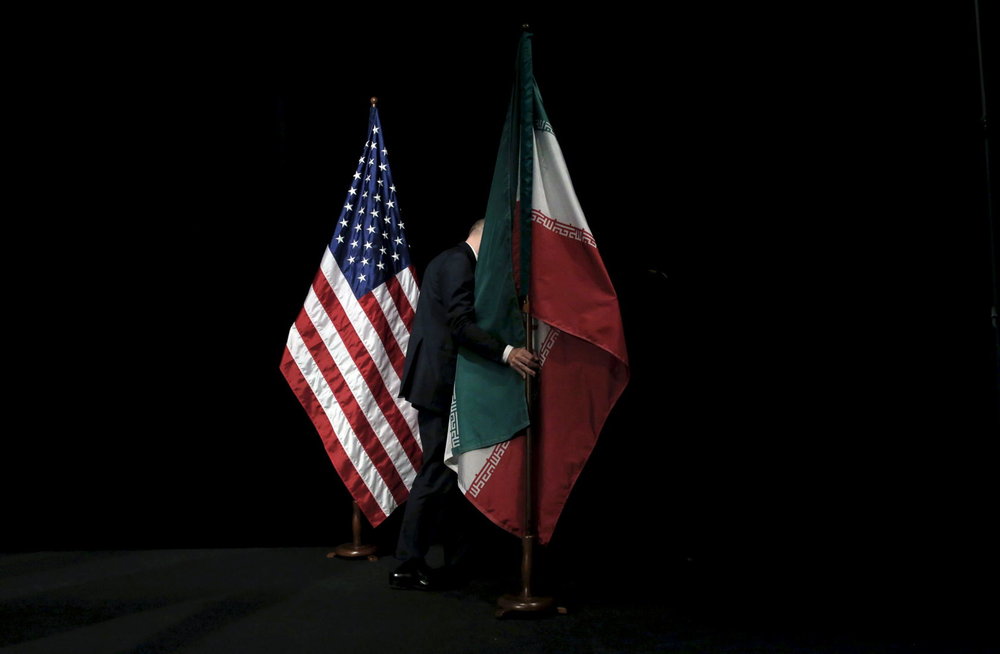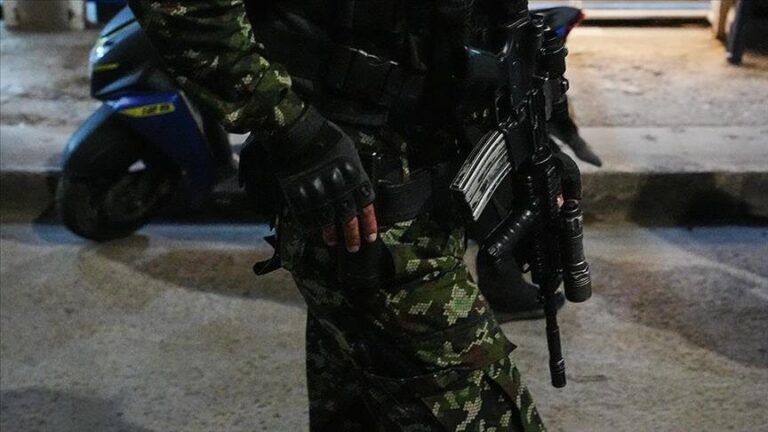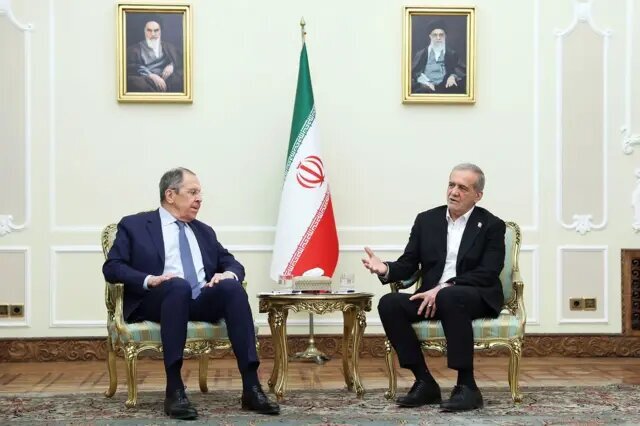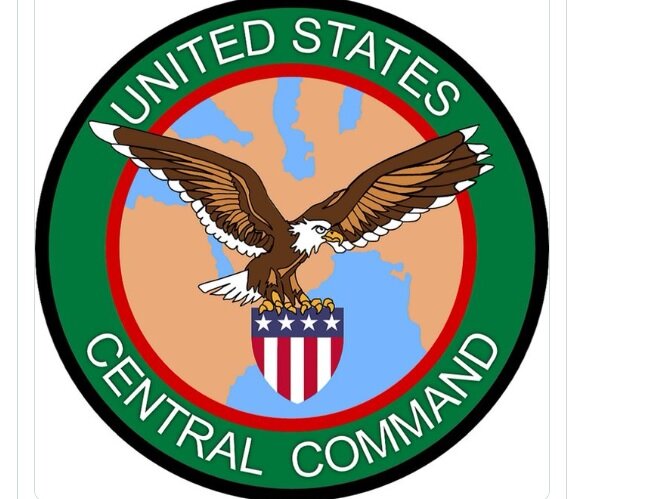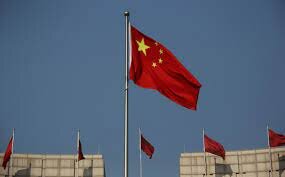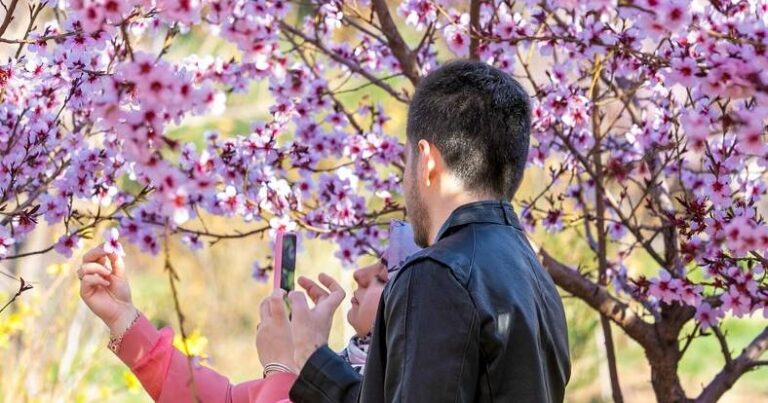US Confirms No Negotiations with Iran Planned for Saturday
In a significant development regarding international relations, a crucial meeting is scheduled for Saturday. This meeting, while not a negotiation, is pivotal in addressing ongoing concerns about nuclear capabilities. US special envoy Steven Witkoff will be traveling to Oman, although specifics about his interactions with the Iranian delegation remain undisclosed.
The US administration has made its stance clear, with both President Donald Trump and Secretary of State Marco Rubio emphasizing that Iran must not possess nuclear weapons. This position aligns with ongoing discussions about Iran’s nuclear program, which the country asserts is intended solely for peaceful purposes.
The Key Highlights of the Upcoming Meeting:
- The meeting is scheduled for Saturday and is not classified as a negotiation.
- US special envoy Steven Witkoff will travel to Oman.
- Details regarding Witkoff’s potential meeting with the Iranian delegation remain unclear.
- US officials stress the importance of preventing Iran from acquiring nuclear weapons.
- Iran maintains that its nuclear technology is for civil use only, backed by a Fatwa from the Leader of the Islamic Revolution banning weapons of mass destruction.
The emphasis on this meeting signifies the ongoing diplomatic efforts to address concerns surrounding Iran’s nuclear ambitions. The US government’s insistence on a nuclear-free Iran is a central theme in international discussions, particularly given the historical context of nuclear agreements and the complexities involved in negotiations.
Despite the pressures from the US, Iran continues to assert its commitment to a peaceful nuclear program. The Iranian government has consistently reiterated that its nuclear endeavors are not aimed at developing weapons, but rather focus on advancing civil nuclear technology. This assertion is reinforced by a Fatwa from Iran’s Supreme Leader, which categorically prohibits the development and possession of any weapons of mass destruction.
Understanding Iran’s Position on Nuclear Weapons:
- Commitment to Peaceful Nuclear Energy: Iran emphasizes that its nuclear activities are solely for peaceful purposes, aimed at energy production and scientific research.
- Fatwa Against WMDs: The Supreme Leader’s Fatwa explicitly bans the use and possession of weapons of mass destruction, highlighting Iran’s stance against nuclear armament.
- Diplomatic Engagement: Iran’s government has indicated a willingness to engage in diplomatic discussions regarding its nuclear program, although it seeks recognition of its right to peaceful nuclear technology.
The upcoming meeting, while not labeled as negotiations, holds potential implications for future diplomatic relations and regional stability. The insistence from the US on preventing Iran from acquiring nuclear weapons remains a critical point of contention in these discussions. As the world watches closely, the outcomes of this meeting could influence the dynamics of international relations in the Middle East.
Potential Outcomes and Implications:
- This meeting could pave the way for further diplomatic engagements between the US and Iran, depending on the tone and outcomes of discussions.
- Should the US maintain its hardline stance, it may strain relations not only with Iran but also with other countries involved in the region.
- Iran’s reaction to the meeting’s outcomes will be crucial in determining the next steps in its nuclear program and international relations.
In conclusion, the upcoming meeting in Oman represents a critical moment in the ongoing dialogue surrounding Iran’s nuclear program. While the US maintains a firm position against nuclear weapons, Iran continues to advocate for its right to peaceful nuclear technology. As this situation evolves, it will be essential to monitor the developments closely, as they could have far-reaching implications for global security and diplomatic relations.
